
Cells Webinar | Melatonin in Human Health and Diseases
Part of the Cells Webinar Series series
28 July 2020, 00:00
Disease, Cells, Melatonin
Webinar Information
2nd Webinar on Cells
Melatonin in Human Health and Diseases
Melatonin is a highly conserved indoleamine; its pineal synthesis is regulated by suprachiasmatic nucleus and its production is restricted to the night. This indoleamine has many receptor-mediated and receptor-independent functions. In particular, the receptor-independent actions are related to the detoxification of free radicals protecting the important molecules from destructive effects of oxidative stress under several pathological diseases including the actual topic such as COVID-19. This webinar features five eminent experts covering researches into melatonin protective effects and provide fundamental molecular insights into human diseases.
Chair: Prof. Dr. Rita Rezzani
Date: 28 July 2020
Time: 9.00am (CEST) | 3.00am (EDT) | 3.00pm (CST Asia)
Webinar ID: 820-0473-8173
Webinar Secretariat: cells.webinar@mdpi.com
This webinar will include the following experts:
|
|
Full Professor of Human Anatomy and Chairman of Anatomy and Physiopathology Division, Department of Clinical and Experimental Sciences, University of Brescia, Brescia, Italy. The research programs in her laboratory are focused on the central hypothesis that melatonin (pineal indoleamine known as a neuroendocrine transducer of light-dark cycle) may acts as a molecular "switch" that modulate cells and tissue through the inhibition, at various levels, of the oxidative stress and inflammatory signaling cascades, with the final protective results. Her record of success and productivity in the area of melatonin against oxidative stress goes back to the first paper published on this topic in International Immunopharmacology (2001). Further, her research approaches represent a powerful tool to identify therapeutic strategies and novel biomarkers and prognosis for several diseases also ageing related. She is author of more than 200 peer-reviewed papers in international journals and about 300 national and international Congress presentations. She is also author of books, book chapters and monographs of Systematic Anatomy, Microscopic Anatomy, Topographic Anatomy, Surgical Anatomy, Tissue regeneration and Neuroscience. |
|
|
Graduated in Medicine by University of São Paulo in 1969; Ph.D. in Sciences and Human Physiology, University of São Paulo in 1978. Worked in Sir Gabriel Horn’s lab, University of Cambridge from 1978 to 1980; in Franz Halberg’s Lab, University of Minnessota in 1985; in David Klein’s lab, National Institutes of Health in 1991; in Paul Pévet’s lab, Université Louis Pasteur, Strasbourg in 1994 and in 2001. Currently is Professor of Physiology at Institute of Biomedical Sciences, University of São Paulo. Member of the Editorial Board of Journal of Pineal Research, Melatonin Research, Frontiers in Physiology, Frontiers in Endocrinology, Frontiers in Neurology and Frontiers in Medicine. Research interest in basic and clinical aspects of melatonin and chronobiology. |
|
|
Francesca Bonomini, PhD in Morphological Sciences, Associate Professor of Human Anatomy, Section of Anatomy and Physiopathology of the Department of Clinical and Experimental Sciences of the University of Brescia, Italy. The scientific activity began with the study of structural and metabolic alterations induced by immunosuppressive treatment with Cyclosporine A in various organs and the evaluation of the protective effect of antioxidants. This activity then continued focusing mainly on organ damage, especially on the cardiovascular system, resulting from hypercholesterolemia and hypertension, evaluating new preventive strategies. In this context, the research activity has mainly focused on the effects of lifestyle in ageing and the role of antioxidant molecules such as melatonin. In the same line of research there are also recent studies regarding the role of anti-ageing growth factors in fatty liver related to obesity. The researches were conducted in order to evaluate alternative therapeutic strategies intended as prevention and treatment of health. Recently she is studying the potential effect of melatonin in autism spectrum disorders evaluating its effect both from a morphological and behavioral point of view. She published 39 peer-reviewed papers and was speaker at different scientific and medical conferences. |
|
|
Researcher for the Scientific-Disciplinary Sector BIO/16 Human Anatomy at the Anatomy and Pathophysiology Division, Department of Clinical and Experimental Sciences, University of Brescia, Italy. Her research programs are mainly focused on ageing-related dysfunctions and diseases and on the role of oxidative stress and inflammation in the ageing pathophysiological processes. Moreover, she studies the preventive and simile-therapeutic effects of melatonin against ageing-related pathophysiological conditions. This research approach represent a powerful tool to identify therapeutic strategies and novel biomarkers of prognosis for also ageing-related diseases. She is author of 65 articles in extenso on international journals, 51 national and international abstracts and 9 international book chapters. |
|
|
Rüdiger Hardeland German citizen, born 1943 in Łódź (Poland), started his scientific career 1965 in the field of chronobiology. 1968 promotion to Dr. rer. nat. (Doctor in Natural Sciences), under supervision by Ludger Rensing, at the University of Göttingen, Germany. Further achievements at this University: 1975 Associate Professor, 1978 Full Professor of Zoology; 1983-1985 Dean of Biological Faculty; 1989-1991 Vice President of the University; 1998 head of Division of Metabolism Research. 1978-1986Editor-in-Chief of Journal of Interdisciplinary Cycle Research(now Biological Rhythm Research). Previous and actual member of several Editorial Boards. 2008 retirement, but continued work till date. Having started with chronobiology, this field has remained to be a central part of his work. In addition, the roles of enzymatic and nonenzymatic metabolism came into the focus, as well as the regulation mechanisms at transcriptional, post transcriptional and post-translational levels. Cooperations with scientists from 37 countries led to numerous joint publications. This work extended by far the area of zoology and comprised organic chemistry, botany and, most importantly, the biomedical field. By time, the role of melatonin gained increasing relevance, especially after his lab had discovered for the first time melatonin outside the animals (1989) and demonstrated nonenzymatic formation of the melatonin metabolite AFMK by reactive oxygen species (1991), which became a starting point for the research of antioxidative protection by melatonin. In the context of protection, numerous other metabolites were identified and characterized, and aspects of gerontology, mitochondrial protection, circadian dysfunction, sleep, properties of synthetic melatonergic agonists, epigenetic mechanisms including the roles of sirtuins, and immunological aspects gained importance. |
|
|
Salvatore Aversa MD, PhD, is a neonatologist in Brescia, Italy, and is affiliated with Children’s Hospital, University Hospital “Spedali Civili” of Brescia. He earned his medical degree from University of Messina in Italy, where he also trained in paediatrics and completed a sub-speciality education in neonatology. During his training, he completed a paediatric intensive care rotation at University Hospital of Verona, Italy, and a clinical research fellowship in neonatology at Hammersmith Hospital (Imperial College) in London, United Kingdom. Additionally, he holds a PhD in Intensive Care from University of Messina, Italy. His clinical and research interests include neonatal and child health, particularly nutrition amongst the low birth weight babies, retinopathy of prematurity, oxidative stress related diseases in newborns, and the use of lung ultrasound in diagnosing neonatal pulmonary diseases. |
|
|
Prof. Rita Paroni got a Degree in Chemistry and Technology of Drug, and a Ph. D. in Clinical Biochemistry. Currently she is Associate Professor in Clinical Biochemistry (SSD BIO/12) at University of Milan, Dpt. of Health Sciences, University of Milan, H San Paolo, via di Rudinì 8, Milan.Its research is in the field of Analytical Chemistry and Biochemistry with particular attention to Separative Techniques, novel instrumentation and laboratory technology for the study of endogenous and exogenous bioactive molecules of interest for Laboratory Medicine and Clinical or Basic Research. In particular she is interested in the development and validation of analytical methods for the quantification of biomarkers or classes of biomarkers ("omics" techniques) in biological fluids and studies of metabolism and regulation of metabolic pathways in human diseases. |
Webinar Program
|
Presentation |
Time (CEST) |
|
Prof. Dr. Rita Rezzani Introduction |
9.00am-9.05am |
|
Prof. Dr. Francesca Bonomini Potential therapeutic effect of Melatonin in autism spectrum disorders |
9.05am-9.20am |
|
Prof. Dr. Rita Paroni Melatonin: 1 molecule, 13 years of translational research |
9.20am-9.35am |
|
Dr. Gaia Favero and Prof. Dr. Rüdiger Hardeland Melatonin, an Anti-inflammatory and Antioxidant Agent |
9.35am-9.50am |
|
1st Q&A session |
9.50am-10.05am |
|
Dr. Salvatore Aversa Melatonin and Oxidative Stress in Neonatal Intensive Care |
10.05am-10.20am |
|
Prof. Dr. José Cipolla-Neto Melatonin, from Basics to Clinical Application |
10.20am-10.35am |
|
2nd Q&A session |
10.35am-10.45am |
Webinar Content
On Tuesday, 28 July 2020, MDPI and Cells organized a webinar, entitled: “Melatonin in Human Health and Diseases.” It was the second webinar in the series of Cells, and it featured five eminent experts covering research into melatonin protective effects and provide fundamental molecular insights into human diseases.
Prof. Dr. Rita Rezzani, University of Brescia, Italy, was the chair of the webinar. She introduced the audience to the subject and she introduced the six speakers. Prof. Dr. Rita Rezzani is a Full Professor of Human Anatomy and the Chairman of Anatomy and Physiopathology Division, in the Department of Clinical and Experimental Sciences, at the University of Brescia, in Italy.
Prof. Dr. Francesca Bonomini held the first presentation with the title: “Potential therapeutic effect of Melatonin in autism spectrum disorders”. Francesca Bonomini is an Associate Professor of Human Anatomy, Section of Anatomy, and Physiopathology of the Department of Clinical and Experimental Sciences of the University of Brescia in Italy.
The next speaker was Prof. Dr. Rita Paroni, University of Milan, Italy. She talked about “Melatonin: 1 molecule, 13 years of translational research”. Prof. Dr. Rita Paroni is as well an Associate Professor in Clinical Biochemistry.
Her presentation was followed by Dr. Gaia Favero, University of Brescia, presenting the work of Prof. Dr. Rüdiger Hardeland, University of Göttingen, Germany entitled “Melatonin, an Anti-inflammatory and Antioxidant Agent.”
After the third presentation, the 1st Q&A session was moderated by Prof. Dr. Rita Rezzani.
Dr. Salvatore Aversa gave an introduction to the audience about “Melatonin and Oxidative Stress in Neonatal Intensive Care”. Dr. Salvatore Aversa is a neonatologist in Brescia, Italy, and he is affiliated with Children’s Hospital, University Hospital “Spedali Civili” of Brescia.
The last presentation of the webinar was held by Prof. Dr. José Cipolla-Neto, who is a Professor of Physiology at the Institute of Biomedical Sciences, University of São Paulo. His presentation was entitled: “Melatonin, from Basics to Clinical Application.”
Their presentations were followed by a discussion and a 2nd Q&A session. The webinar was offered via Zoom and required registration to attend. The full recording can be found below and in order to stay updated on the next webinars on Cells, be sure to sign up to our newsletter by clicking on “Subscribe” at the top of the page.
Relevant Special Issues
Closed Special Issue
Melatonin in Human Health and Diseases
Guest Editor: Prof. Dr. Rita Rezzani
Registration
In order to attend the webinar, please register by clicking on the button below.
Cancellation policy
This is a FREE webinar. The number of participants to the live session is limited but the recording will be made available on Sciforum shortly afterwards. Registrations with academic institutional email addresses will be prioritized. People can send in their questions by email to cells.webinar@mdpi.com.




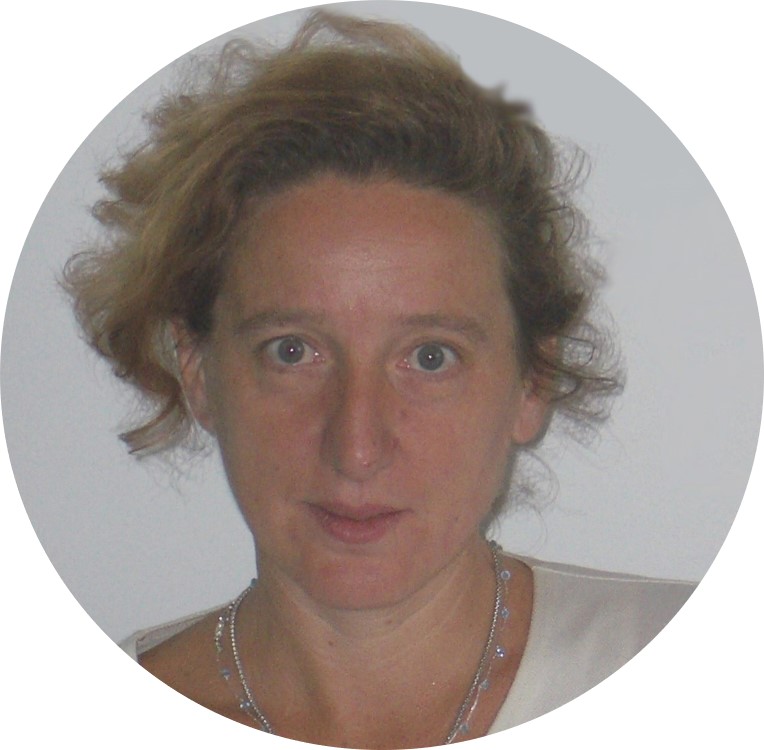 Prof. Dr. Rita Rezzani, University of Brescia, Italy
Prof. Dr. Rita Rezzani, University of Brescia, Italy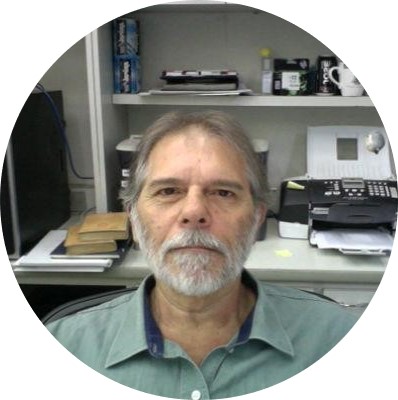 Prof. Dr. José Cipolla-Neto, University of São Paulo, Brazil
Prof. Dr. José Cipolla-Neto, University of São Paulo, Brazil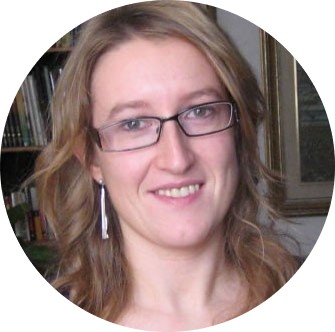 Prof. Dr. Francesca Bonomini, University of Brescia, Italy
Prof. Dr. Francesca Bonomini, University of Brescia, Italy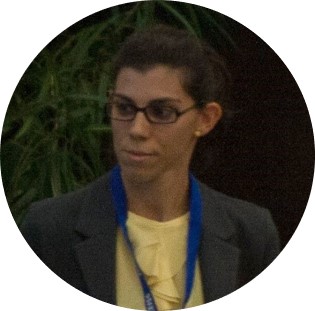 Dr. Gaia Favero, University of Brescia, Italy
Dr. Gaia Favero, University of Brescia, Italy Prof. Rüdiger Hardeland, University of Göttingen, Germany
Prof. Rüdiger Hardeland, University of Göttingen, Germany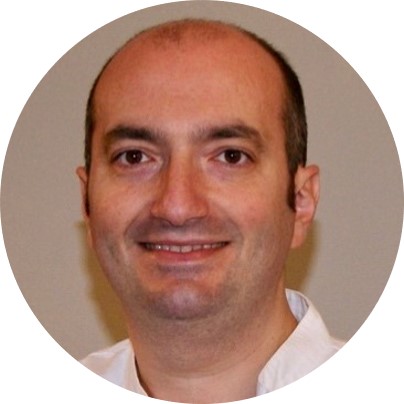 Dr. Salvatore Aversa, University Hospital “Spedali Civili” of Brescia, Italy
Dr. Salvatore Aversa, University Hospital “Spedali Civili” of Brescia, Italy Prof. Dr. Rita Paroni, University of Milan, Italy
Prof. Dr. Rita Paroni, University of Milan, Italy

